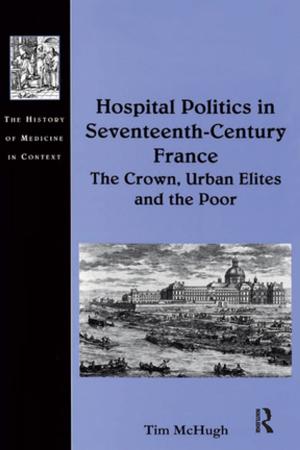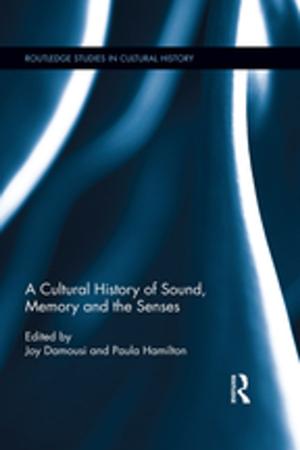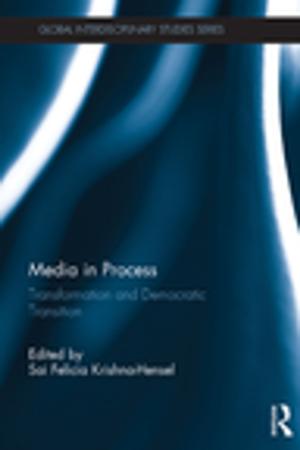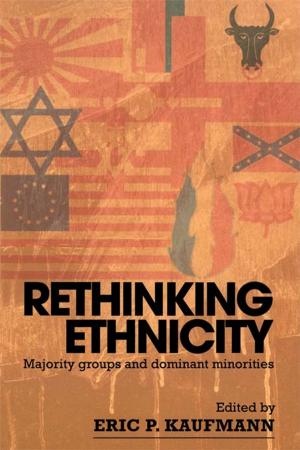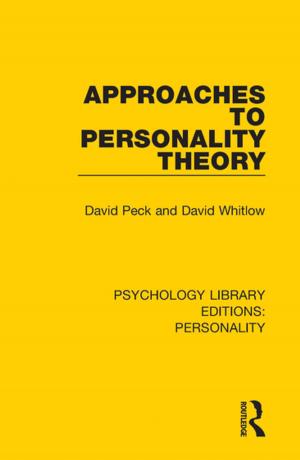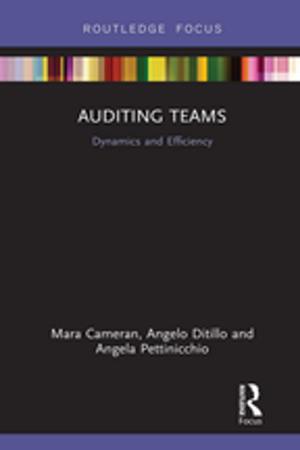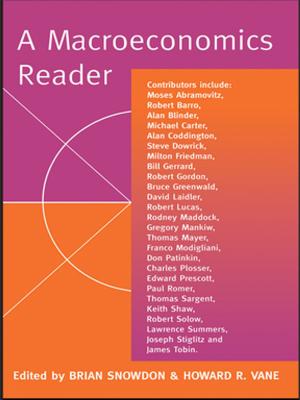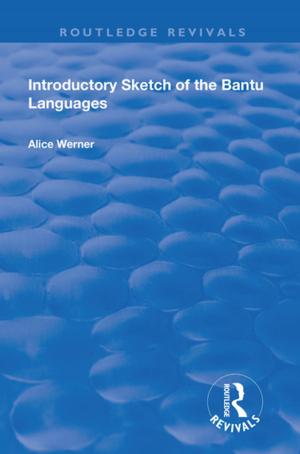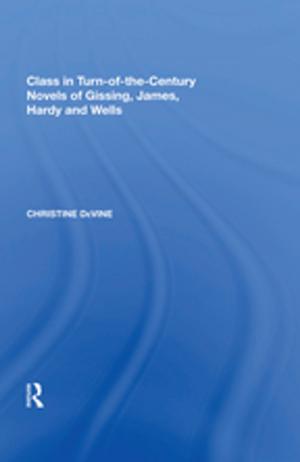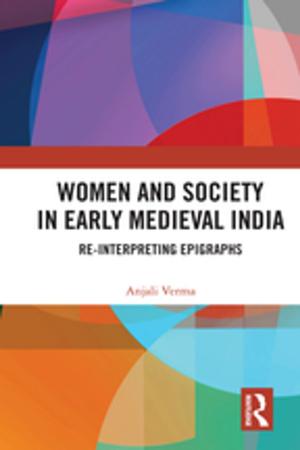Ovid (Routledge Revivals)
Nonfiction, Reference & Language, Foreign Languages, Latin, Fiction & Literature, Literary Theory & Criticism, Ancient & Classical, History, Ancient History| Author: | J. W. Binns | ISBN: | 9781317808510 |
| Publisher: | Taylor and Francis | Publication: | August 1, 2014 |
| Imprint: | Routledge | Language: | English |
| Author: | J. W. Binns |
| ISBN: | 9781317808510 |
| Publisher: | Taylor and Francis |
| Publication: | August 1, 2014 |
| Imprint: | Routledge |
| Language: | English |
Ovid, Rome’s most cynical and worldly love poet, has not until recently been highly regarded among Latin poets. Now, however, his reputation is growing, and this volume is an important contribution to the re-establishment of Ovid’s claims to critical attention.
This collection of essays ranges over a wide variety of themes and works: Ovid’s development of the Elegiac tradition handed down to him from Propertius, Catullus and Tibullus; the often disparaged and neglected Heroides; the poetry of Ovid’s miserable exile by the Black Sea; the poetic diction of the Metamorphoses, Ovid’s lengthy mythological epic which codified classical myth and legend, and has strong claims to be considered, with the exception of Virgil’s Aeneid, Rome’s greatest epic poem; humour and the blending of the didactic and elegiac traditions in the Ars Amatoria and Remedia Amoris. Finally, Ovid’s incomparable influence in the Middle Ages and sixteenth century is examined.
Ovid, Rome’s most cynical and worldly love poet, has not until recently been highly regarded among Latin poets. Now, however, his reputation is growing, and this volume is an important contribution to the re-establishment of Ovid’s claims to critical attention.
This collection of essays ranges over a wide variety of themes and works: Ovid’s development of the Elegiac tradition handed down to him from Propertius, Catullus and Tibullus; the often disparaged and neglected Heroides; the poetry of Ovid’s miserable exile by the Black Sea; the poetic diction of the Metamorphoses, Ovid’s lengthy mythological epic which codified classical myth and legend, and has strong claims to be considered, with the exception of Virgil’s Aeneid, Rome’s greatest epic poem; humour and the blending of the didactic and elegiac traditions in the Ars Amatoria and Remedia Amoris. Finally, Ovid’s incomparable influence in the Middle Ages and sixteenth century is examined.

